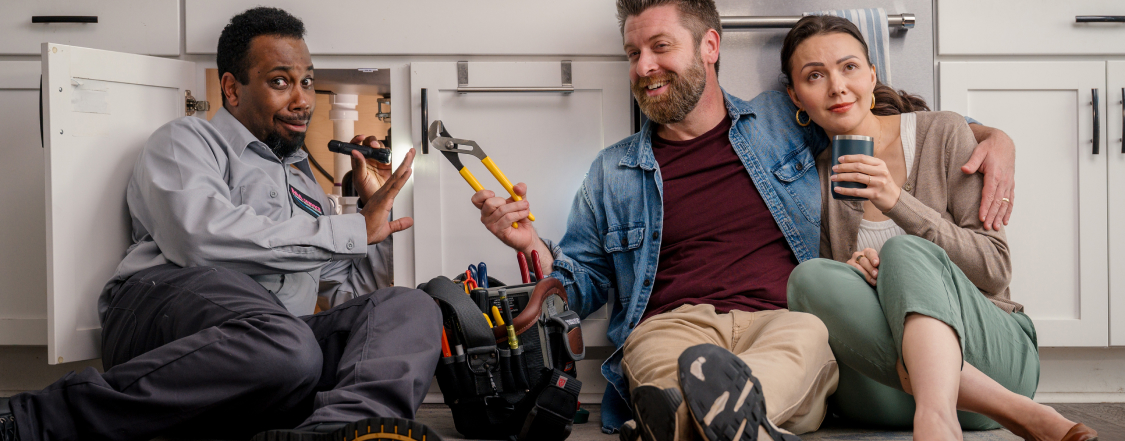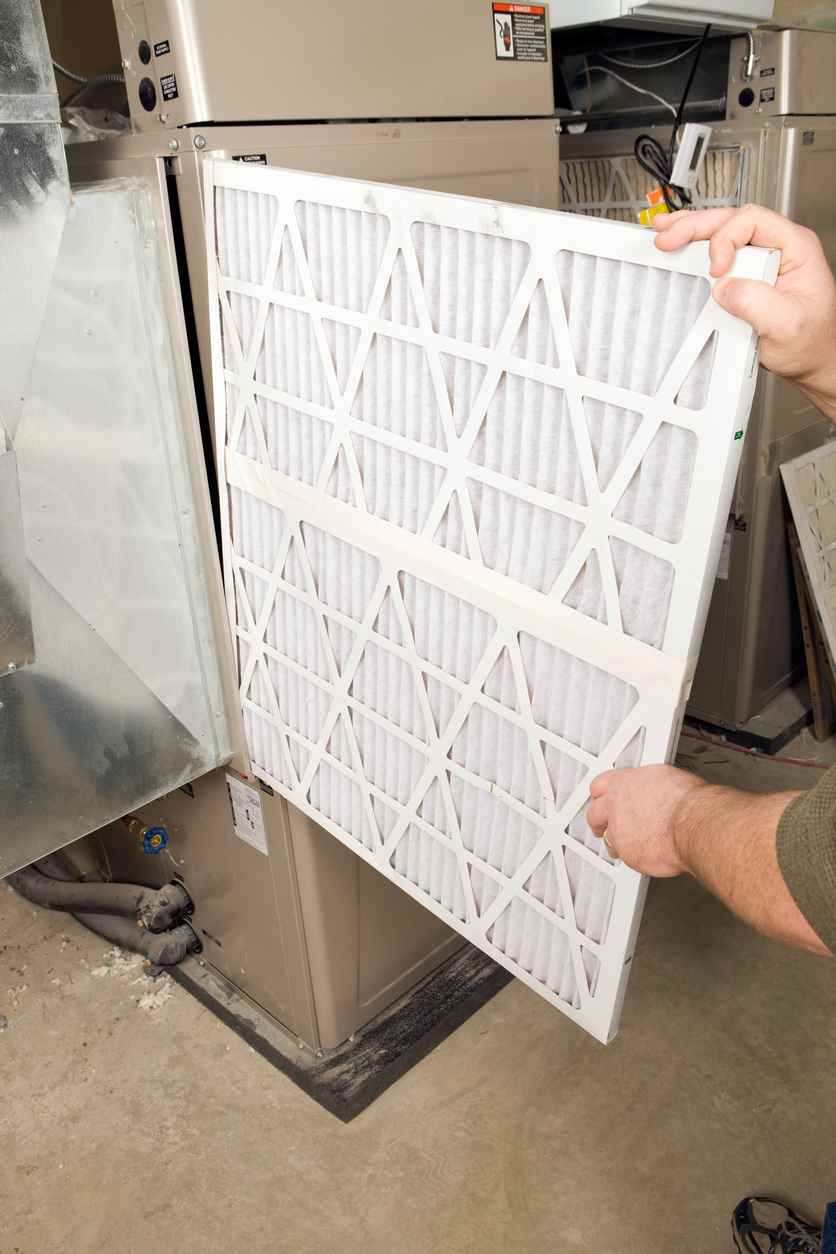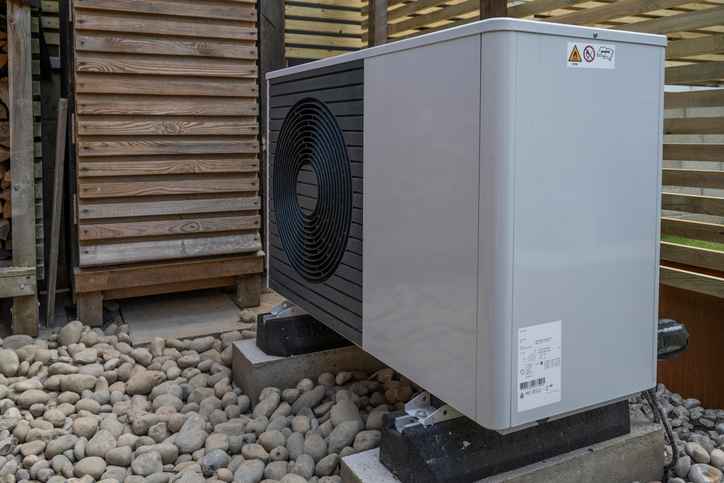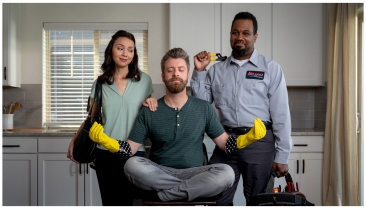Circuit breakers are an important safety feature for any electrical system. These small and simple devices are responsible for protecting your home by ensuring that no single electrical circuit draws more amperage than it is capable of sustaining. Should a short, surge, or any other major issue develop, a breaker will cut off the power flow and stop the problem.
Breakers are generally reliable, but they can be rather obnoxious when they don’t seem to be working properly. Sometimes it might seem like your circuit breaker just shuts off for seemingly little to no reason. What you may not realize is that a breaker that trips frequently or constantly might be a clue that you have a different issue that needs to be addressed. Here are just a few of the common reasons why your circuit breaker might keep tripping even when it seems like it shouldn’t be.
You Have a Short in Your Wires
Electricity needs to have a complete circuit in order to flow, but it will also look for the shortest path to flow through, or the path of least resistance. When electricity finds a short, it flows at a faster and more dangerous rate, creating potentially dangerous circumstances that could cause components to overheat and potentially fail. However, this increase in current also triggers your circuit breaker, causing it to trip and shut off. If you don’t fix the problem before turning the breaker back on again, your breaker will likely trip and shut off again.
Finding a short in your electrical wiring can be a difficult and tedious task, as most of your wiring may not be visible. If you have recently done any drilling or nailing into your walls, this is a good place to start looking (sometimes driving a nail or screw through an electrical wire can accidentally bridge the hot and neutral lines). If you are struggling to find a problem, call a professional who can run some tests to figure out where your wiring problem might be.
Something Plugged in Has a Short or Other Problem
Sometimes the short circuit might not be in your wiring at all, but rather in something you have plugged into it. Over time, our electrical devices can wear out. Connections will become weaker as we pull, move, and put pressure on them. Shoddy components can slowly degrade and fall apart to the point where they simply can’t safely fulfill their intended purpose. These issues can create a short circuit that can cause significant damage to your electrical system and cause your circuit breaker to trip.
If you have recently plugged something in and your circuit breaker has tripped, unplug everything, reset your breaker, and check to see if the breaker remains on. Then, slowly start plugging things back in one at a time. If one particular item continually causes your breaker to trip, either take that item in for repair or throw it away, as it could be causing immense damage to your electrical system.
Your Circuit Breaker Is Worn Out
Circuit breakers are not going to last forever, and in fact they lose their ability to protect your home over time. Materials wear out and lose their ability to conduct electricity with ease like they once did. Joints become stiffer and more difficult to operate. Some breakers even lose the ability to shut off entirely if they get too old. And the worst part is you may not even realize a breaker has reached this point until it’s too late.
We strongly recommend testing all of your circuit breakers each year by simply flipping them into the off position and checking to see if the power has cut off to that area of your home. So long as the power has shut off, your breaker should still be okay. However, any breaker that is unreasonably stiff or difficult to flip, any breaker that won’t flip all the way on (or off), or any breaker that seems to want to spring into one particular position should be removed and replaced right away.
You Have Too Many Things Plugged In
Finally, your circuit breaker might keep tripping simply because you have too many things plugged in, causing the circuit to overload by drawing too much current. In this case, there are no problems with your wiring, no problems with your breaker, and no issues with anything that might be plugged in to the circuit itself. Instead, your problem is simply that you are attempting to draw too much power through a circuit that simply isn’t built to handle that level of current capacity.
This isn’t all that uncommon if you have a number of high-power appliances plugged in on the same circuit. For example, running your microwave, an electric-powered oven, and a dishwasher all at once in the same kitchen might cause the breaker to trip due to energy consumption. The problem might only get worse if you also have several lights on, fans running, your HVAC system going, and your washer and dryer also going simultaneously. While all of these might not be on the same circuit, they simply might overload what your electrical panel is capable of handling, resulting in a main breaker shutdown (though these are far more rare, as main breakers are usually built to withstand up to or in excess of 200 amps).
If you suspect you have a problem with your electrical panel, your wiring, or a circuit breaker, let a professional local electrician inspect the issue! Call the experts at AAA Service Plumbing Heating & Electric at (303) 313-3333 to book your appointment today.









